Performing cosmetic surgery is a physical task. For example, a tummy tuck with liposuction can take more than 4 hours, and multiple surgeries are typically scheduled per day. Feasibly, that could be 8 hours a day for a surgeon in an operating room. To be up to the demanding task, our surgeons work out—hard.
For Dr. William Huffaker, his time is typically spent in the gym. His workouts are so grueling, in fact, every year he competes in a Spring Fitness Challenge, pushing himself to compete against the fittest of the fittest.
How important is exercise to your job?
Dr. Huffaker: Exercise is important to everyone. Many of my body contouring and Mommy Makeover cases are long, six hours or more. Better endurance comes from staying in shape.
How soon do you advise your patients to start working out after surgery?
Dr. Huffaker: After a breast augmentation or liposuction, they can start exercising at one week. After an abdominoplasty, two weeks.
What is the best post-surgical activity for someone who has had a breast augmentation? Tummy tuck? Facelift?
Dr. Huffaker: With a breast augmentation, the chest usually is tight, so activities to relax and loosen the muscles are recommended.
Tummy tuck patients have a different set of circumstances. We get them walking the night of surgery, increasing the distance every single day. However, things like crunches and leg raises are out of the question for six weeks.
Facelift patients can typically get back to the gym within 10 days, as long as they are comfortable.
How important is exercise when it comes to maintaining plastic surgery results?
Dr. Huffaker: Very important. Plastic surgery can only do so much. It’s up to the patient to maintain their body after.
What do you say to patients who want plastic surgery, but don’t want to exercise?
Dr. Huffaker: Most of my patients do understand the importance of exercise. Some of my larger (over 200 lb.) patients frequently have many excuses or reasons as to why they cannot exercise, and I stress to them that no matter what the disabilities, there are ways to work out. I do my best to dispel their excuses.
Next up: What is Dr. Huffaker’s favorite surgical procedure?
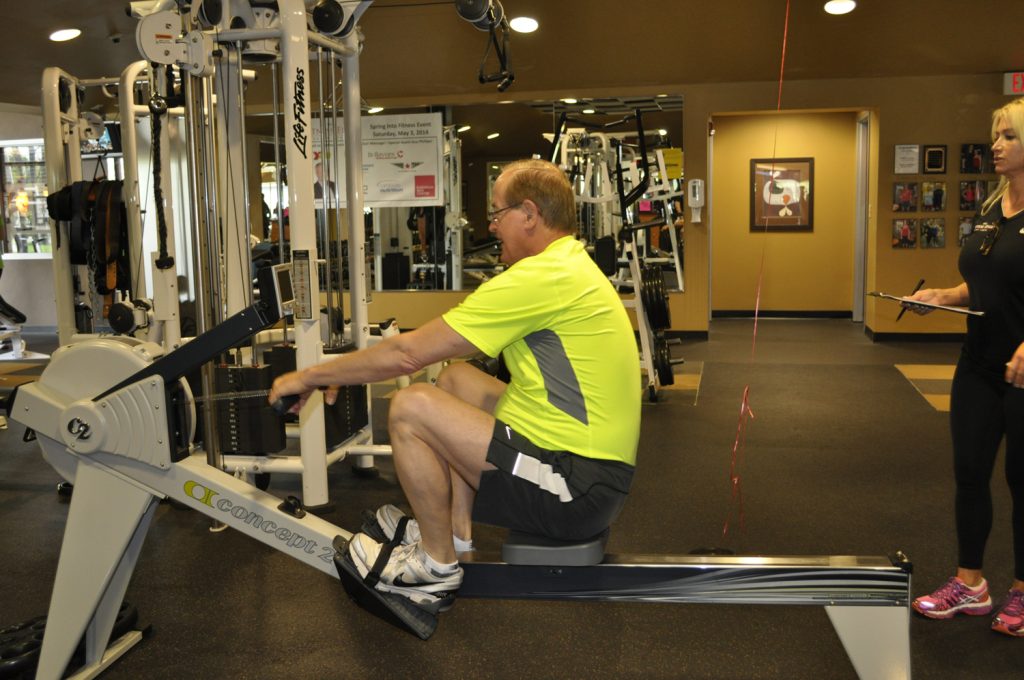
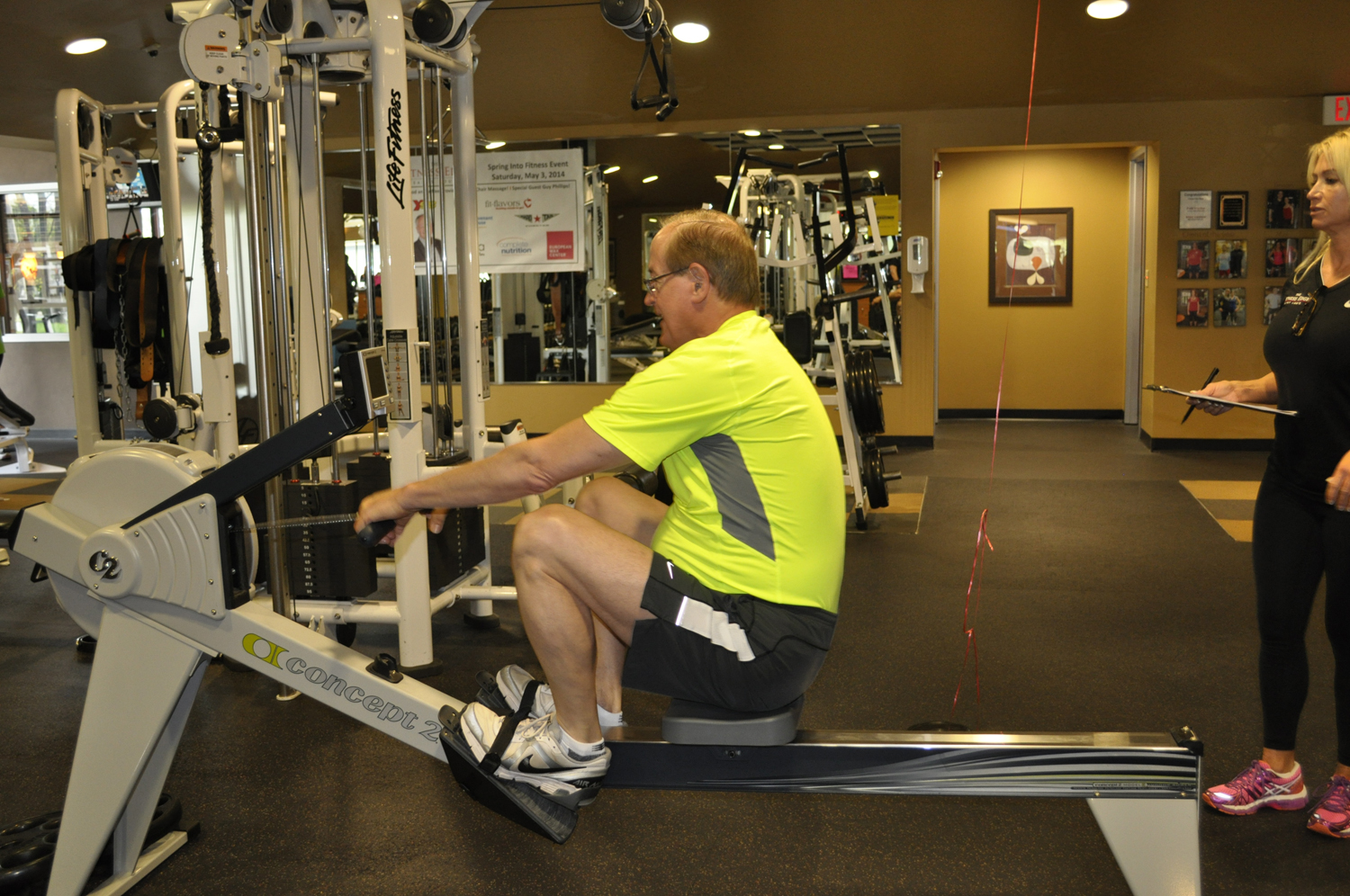
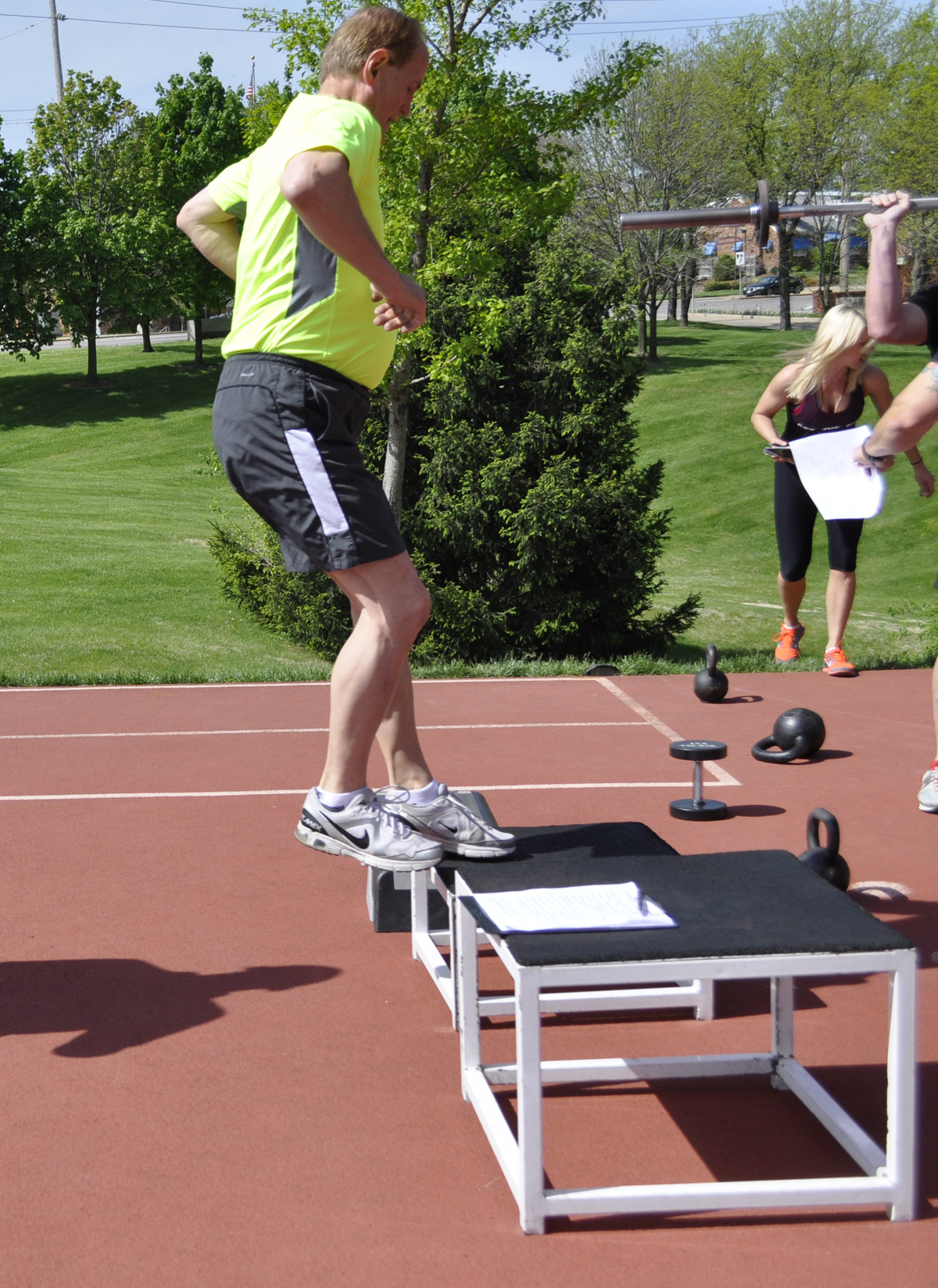
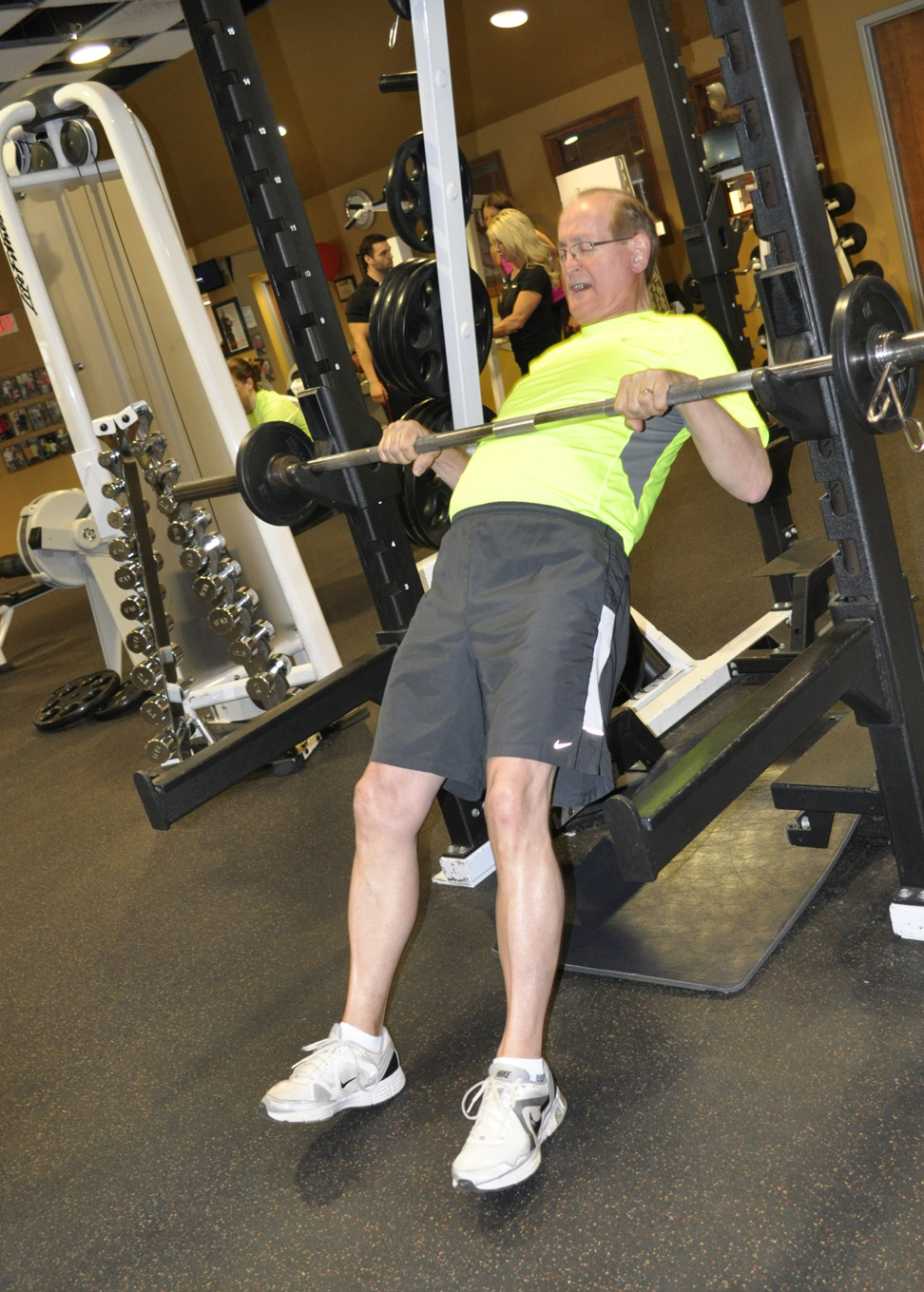
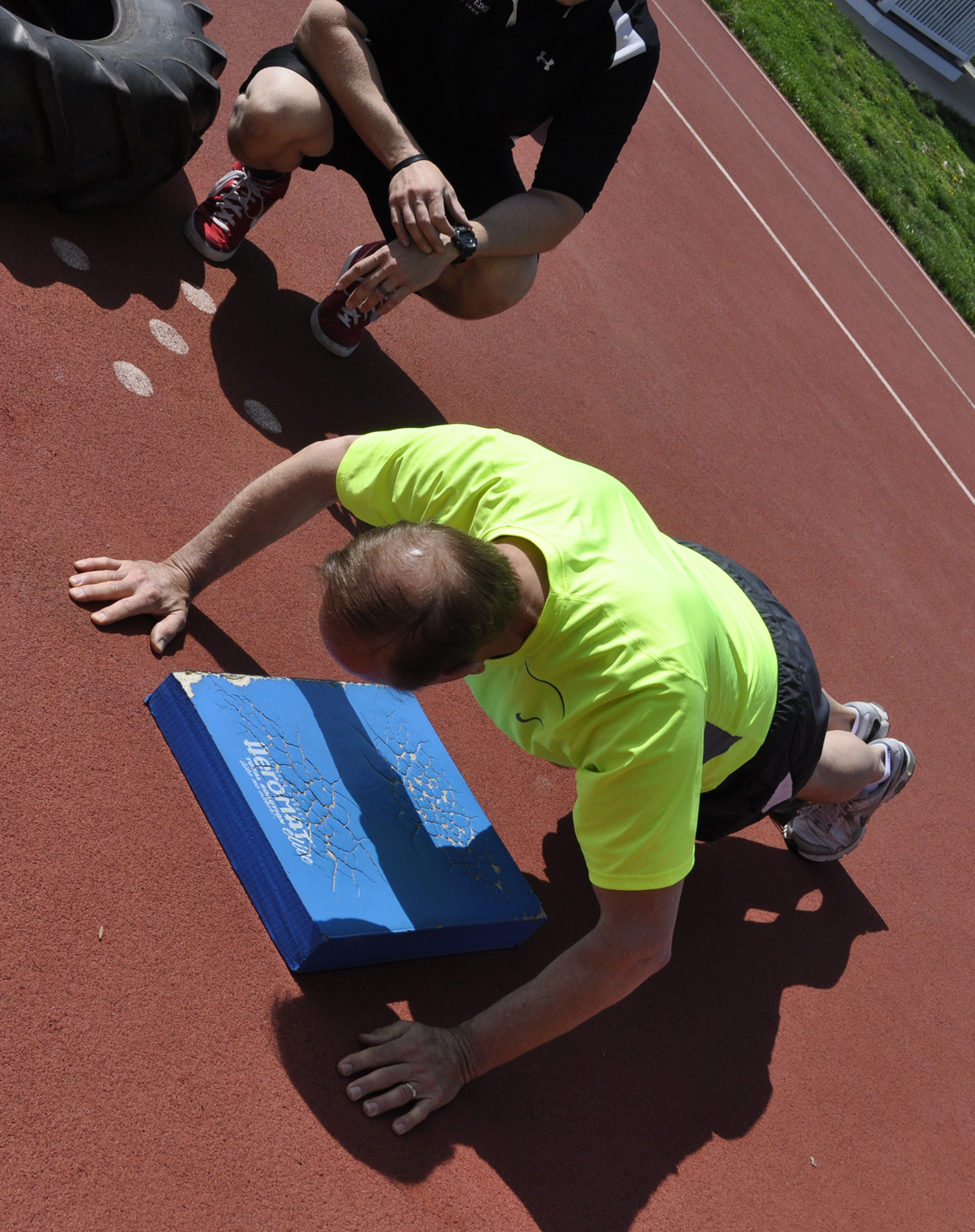

Leave a Reply